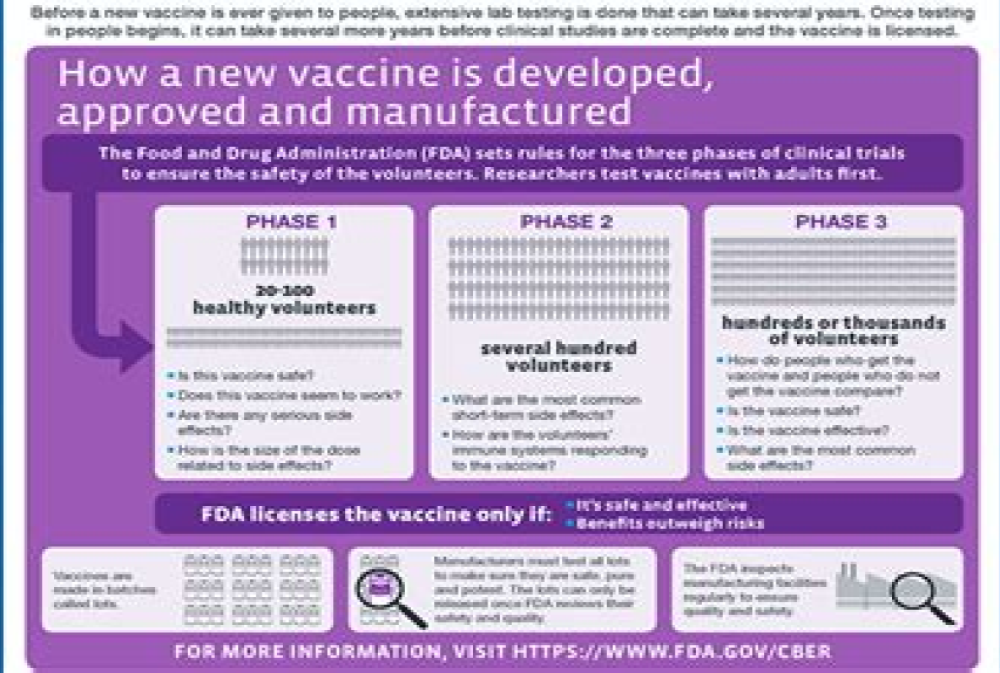Authors: Gloria F. Gerber,1 Xuan Yuan,1 Jia Yu,1 Benjamin A.Y. Cher,2 Evan M. Braunstein,1 Shruti Chaturvedi,1 and Robert A. Brodsky1,*
Complement has emerged as a likely driver of the immune response and end-organ damage in COVID-19. In patients with severe disease, deposition of terminal complement and microthrombosis have been observed in the lung, skin, kidney, and heart.1, 2, 3, 4 Recently, we demonstrated that the severe acute respiratory syndrome coronavirus 2 (SARS-CoV-2) spike protein leads to amplification of the alternative pathway of complement on cell surfaces through competition with complement factor H (CFH) for binding heparan sulfate.5 Thus, in vitro, the SARS-CoV-2 spike protein can convert an inactivator surface to an activator surface on nucleated cells.
Two messenger RNA (mRNA)-based vaccines that lead to transient expression of the SARS-CoV-2 spike protein are highly efficacious in preventing severe infection.6 , 7 Reactions to these vaccines are generally mild; however, increased complement amplification could theoretically lead to more severe effects in diseases like paroxysmal nocturnal hemoglobinuria (PNH), where blood cells lack complement regulatory proteins.8 Here, we describe significant adverse reactions to COVID-19 vaccines in 4 patients with PNH. We also present 2 patients with PNH who received the vaccine without significant adverse effects or hemolysis.
Patient characteristics and reactions to the COVID-19 vaccines are shown in Table 1 . Patients were identified based on self-report of receiving the vaccine. Patients were aged 25 to 63 years, had PNH granulocyte clones of ≥80%, and had not received transfusions in the past year. Reactions occurred from the day of administration to 5 days later and lasted 1 to 6 days. Four of 6 patients reported fever. Patients 2, 3, and 4 experienced severe hemolysis with 2 to 4 g/dL hemoglobin decrease. Patient 1 had a presumptive thrombotic manifestation. Patients 5 and 6 received both doses of the Pfizer-BioNTech BNT162b2 (Pfizer-BioNTech) COVID-19 vaccine without clinical or laboratory signs of hemolysis.
For More Information: https://pubmed.ncbi.nlm.nih.gov/33933145/
